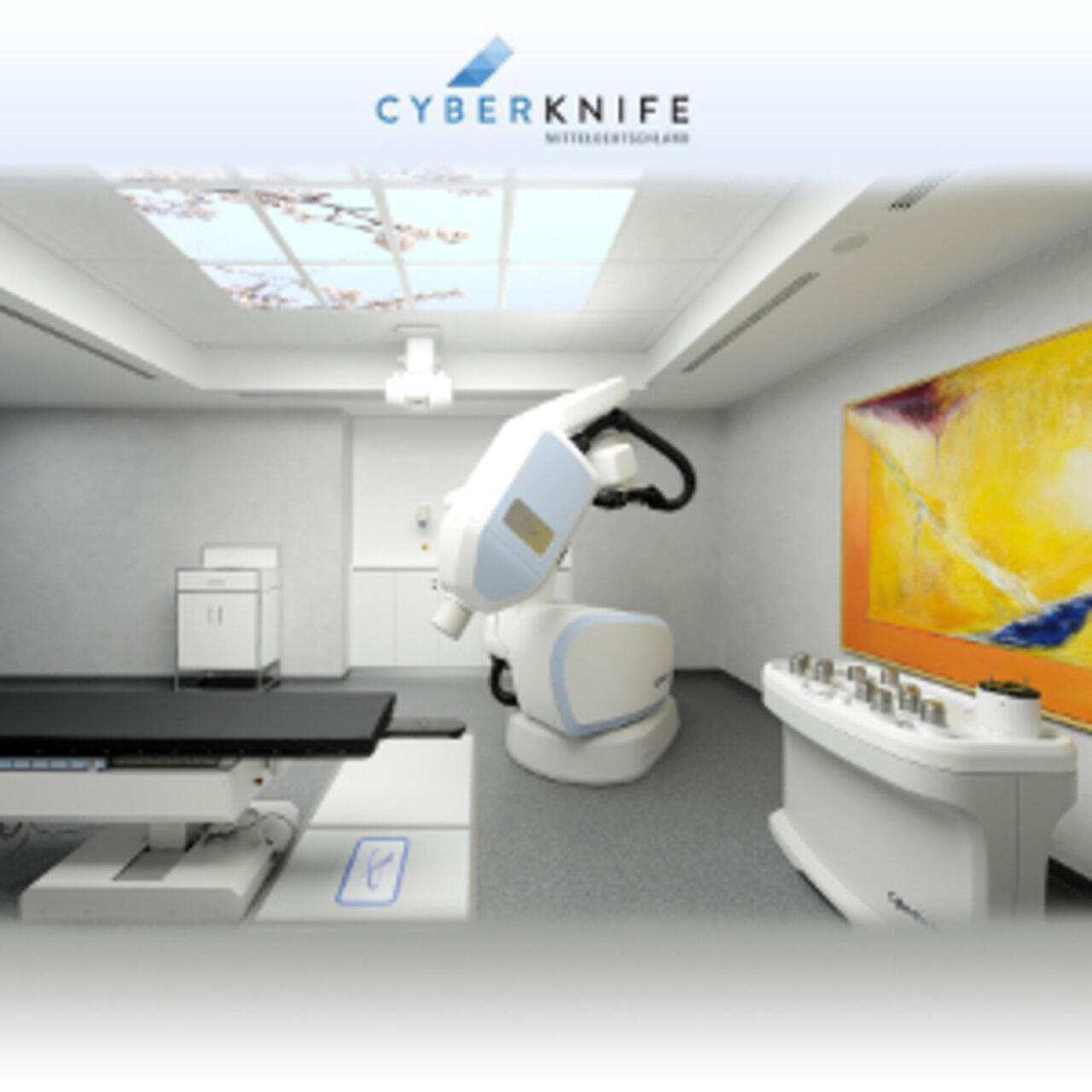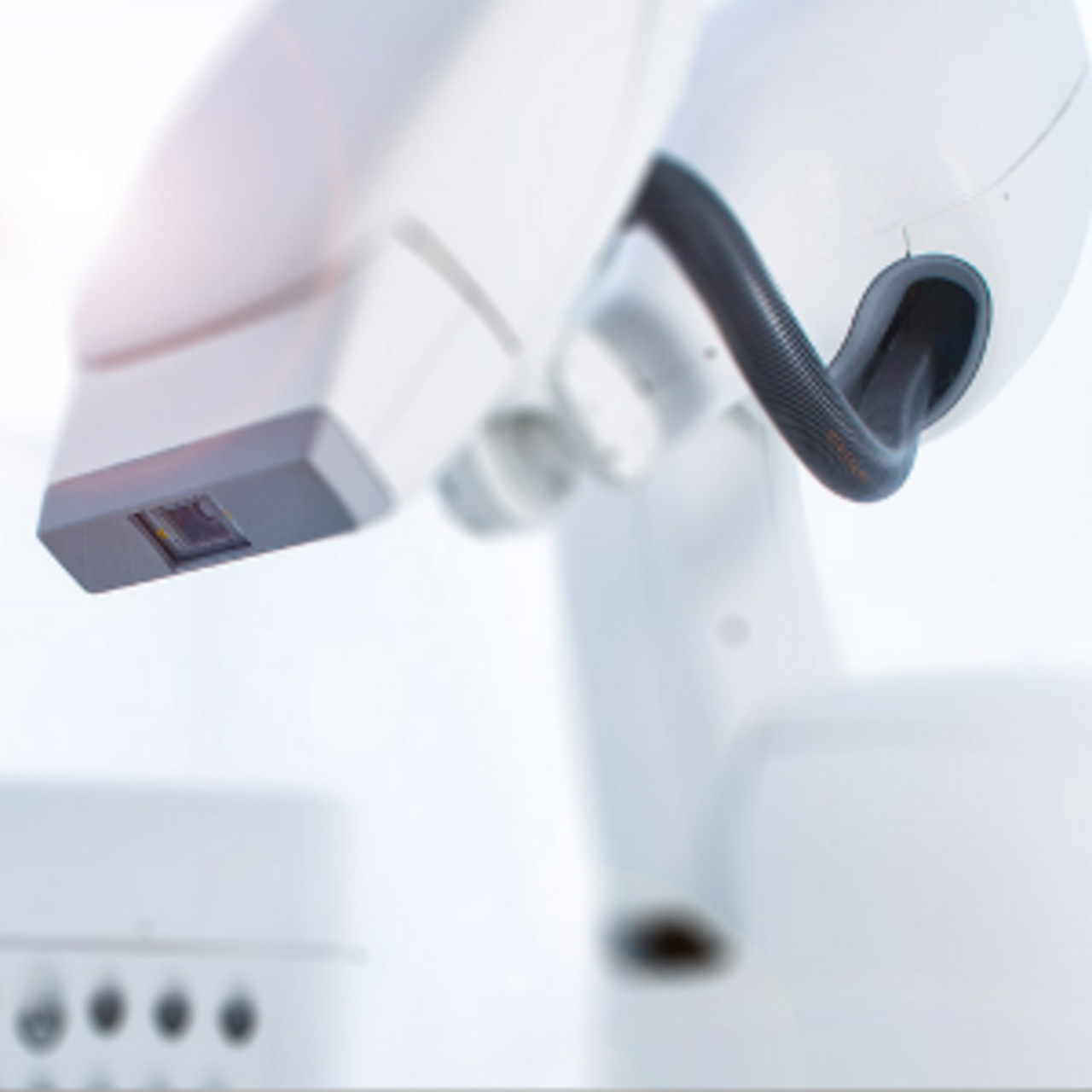Specialists in Meningioma
24 Specialists found
Kliniken Schmieder Allensbach and Heidelberg
Acute Neurology, Neurological Early Rehabilitation and Rehabilitation, Neuroradiology and Radiology
Allensbach
Radiological Alliance – Interdisciplinary Center for Radiosurgery
Radiation Therapy / Gamma Knife
Hamburg
Information About the Field of Meningioma
What Is a Meningioma?
Meningioma is one of the most common types of tumors within the skull or, rarely, in the spinal cord. Unlike the brain tumors (astrocytoma, glioblastoma), meningioma originates from the meninges' cells, which are located between brain tissue and skull bone.
About 4/5 of meningiomas are slow-growing, benign tumors. The remaining fifth consists of more malignant meningiomas and tend to recurrence. The typical age of onset is between 50 and 60 years; women are more commonly affected than men.
Meningioma Causes
A meningioma arises from spontaneous cell changes (mutation) in the majority of cases. However, a connection to certain genetic diseases such as neurofibromatosis type II could also be established. Besides, in recent years, a clustered occurrence of meningiomas has been found in people with a chromosomal disorder, monosomy 22, in which chromosome 22 is only found once. Meningiomas sometimes occur not only solitary (alone) but develop in multiple locations in the meninges.
Signs & Symptoms
Since meningioma, as a mainly benign tumor, grows slowly and only displaces adjacent brain tissue but does not spread (infiltrate) into it, it may not cause any symptoms (be asymptomatic) for a lifetime. In this case, the meningioma would not be detected or would be seen only as an incidental finding during a routine CT scan.
However, if symptoms do occur, they are usually signs of increased intracranial pressure, such as headache, nausea, or vomiting. Epileptic seizures or neurological disorders (e.g., visual or balance disorders) may also occur.
In this case, the symptoms usually depend on the tumor's location and the associated location of the pressure on surrounding brain tissue. There may be accelerated growth of meningiomas during pregnancy.
Diagnostic Procedures
Diagnosis is made by radiology. Meningiomas can be seen very well on computed tomography (CT) as well as magnetic resonance imaging (MRI). They are usually sharply demarcated and uniformly absorb contrast agents. Calcifications in the tumor can often be noticed as well. It is essential to examine the bony skull in the CT scan, as the meningioma can lead to bone changes there due to ingrowth or irritation. MRI is used to assess and spread of the tumor in the meninges. Sometimes an additional image of the brain vessels must be made (angiography); a particularly intensive blood supply of the tumor can frequently be detected.
Meningioma Treatment: When Does Surgery Become Necessary?
The treatment of choice is complete removal (complete resection) of the tumor with neurosurgery. If it is a rare malignant meningioma, radiation therapy is also offered. It can be abstained from surgery in older patients with an asymptomatic tumor under the following observation.
If surgery is complicated due to a tumor with many blood vessels, the respective blood vessel can be closed preoperatively (embolization). Radiosurgical irradiation using Gamma Knife or Cyberknife can also be considered. Therapy with proton radiation is also possible.
Meningioma Cure, Prognosis, and Life Expectancy
Benign meningiomas are usually considered cured by complete surgery. The more malignant the tumor is, the greater is the probability of a recurrence of the meningioma, which would require further surgery or additional radiation therapy. After the surgery, it is also important to keep the follow-up appointments to detect a possible recurrence at an early stage.
Sources:
http://www.hirntumorhilfe.de/hirntumor/tumorarten/meningeom/
Henne-Bruns, Doris; Dürig, Michael; Kremer, Bernd; Bruns, Doris Henne-: Chirurgie. 2. Aufl.. Stuttgart: Thieme, 2003.
Siewert, Jörg Rüdiger: Chirurgie. Berlin, Heidelberg: Springer, 2006.























